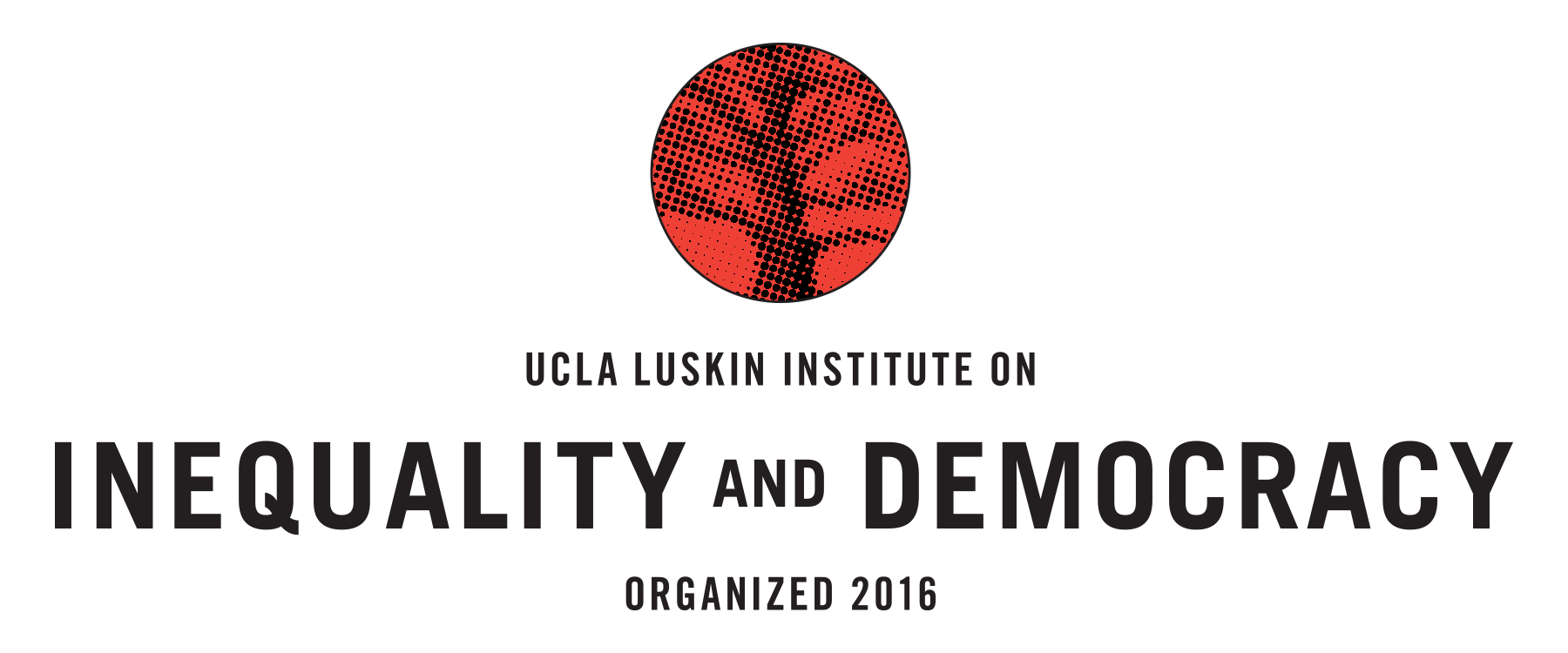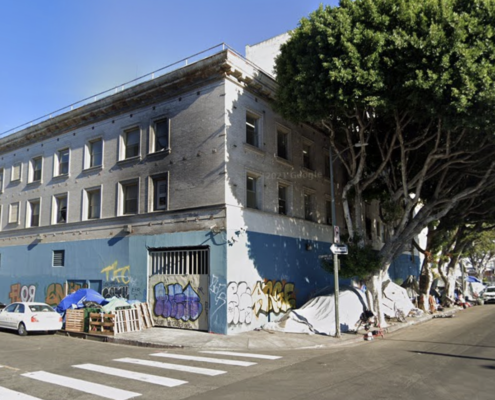Systems Impact Community?
Alexandra Prescott (Urban Planning) in partnership with Los Angeles Poverty Department
This research for the Los Angeles Poverty Department (LAPD) analyzed the ways in which policy and system changes in the late 2000s impacted housing and recovery services in Skid Row and the effects that these systems had on the community. For this project, I used interview recordings from Skid Row residents and community members from LAPD’s Walk the Talk Archive, conducted interviews with community members and service providers, and reviewed scholarly articles, newspapers, and newsletters.
Some of the key findings look at how many policies, which are intended to coordinate efforts to save money and improve care, adopt a paternalistic approach that is embedded within a labyrinth of declining welfare opportunities, increased downtown development, reliance on policing and incarceration, and reduced affordable housing in Skid Row. This paper examines the ways in which health care reform expanded services for Substance Use Disorder (SUD), and how the expansion in federal funding for coverage linked with additional federal funding for coordinating services for housing options. This paper also explores how this federal funding standardized care options, restructured organizations, and developed problematic algorithms for deciding who was eligible for the limited affordable housing and services. Instead of addressing the racist and limiting systems that perpetuate poverty and criminalize homelessness, the solutions work to further manage low-income populations without hearing sufficiently from those living in the condition. Solutions have not recognized the important role that community plays in the lives of Skid Row residents or seen this community as a resource with agency to act.


